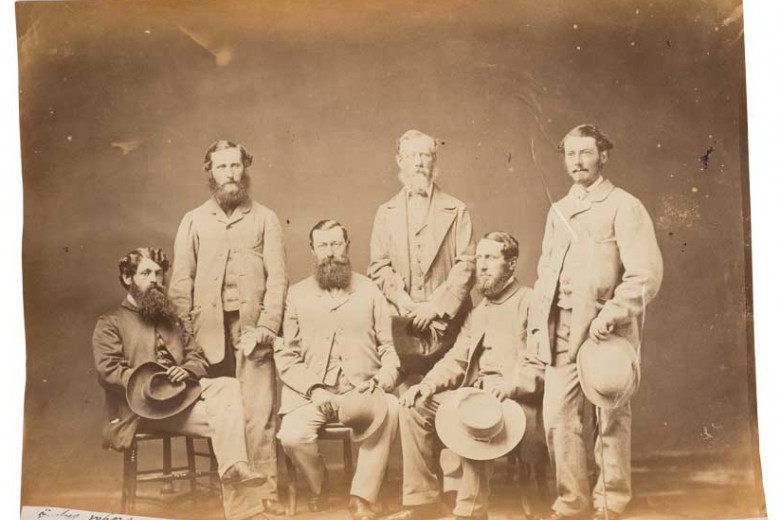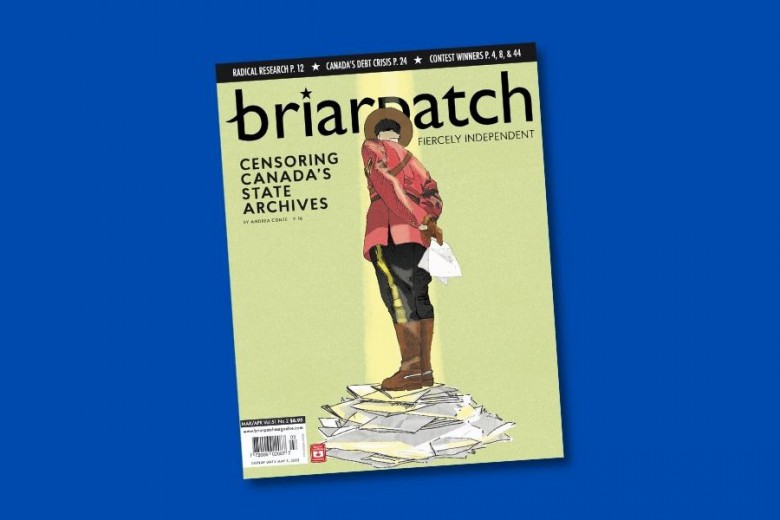
This recession has helped me redefine personal achievement – from the number of purchased goods I have to the intangible “goods” I have contributed to society.
Those of us in our early to mid-20s have never experienced a recession as seemingly apocalyptic as the one we are in now. We were too young to remember anything from the slump of the early 1990s; we never invested our allowances in dot-com stocks; and we have grown up surrounded by messages that the accumulation of bigger homes, fancier cars and other material luxuries is to be equated with success and happiness.
In a thriving economy, possessions are often mistaken for accomplishment because they signal the income bracket of their owners (or their parents). The most obvious result is a generation of shopaholics purchasing more than what they need for the sake of being fashionable. Of course, not everyone is guilty of this. But I certainly was.
Still, there is hope. The recession, if nothing else, has spawned shifts in the way we view shopping. It has suddenly become uncool to spend extravagantly (the Toronto Star recently noted the phenomenon of customers at Prada requesting that their purchases be placed in unmarked bags). And the pressure to keep up with trends, I feel, has largely decreased. Unless you are a diehard fashionista, having last season’s wardrobe is not such a big deal. But most important of all, this recession has helped me, a recovering shopaholic, redefine personal achievement – from the number of purchased goods I have to the intangible “goods” I have contributed to society.
The past two years spent studying ecology have no doubt facilitated this process. It wasn’t until recently that I realized how misguided I was in my consumer habits. For example, I loved shopping for clothes and never thought about whether or not I was buying something I needed. All I cared about was that it was a good bargain. Then I learned that cotton is currently the fourth most fertilized crop, ranking only behind soy beans, wheat, and corn. I also used to eat meat every day. Then I learned that livestock contribute more greenhouse gas emissions to the atmosphere than industry or transportation. And I learned how many species of fish and seafood are being over-harvested. Indeed, ignorance was bliss. Robbed of that ignorance, how could I keep buying new stuff and eating meat knowing exactly how my actions were negatively impacting the environment? Something had to be done.
I decided to conduct small-scale experiments on myself to see if I could at least cut back on these habits. Two weeks without visiting the mall, or one day without eating meat seems easy enough, right? It was. Before I realized it, I didn’t even miss the thrill of a new purchase or the extra protein in my meals. It was surprising because the very things that I always thought I needed, I didn’t. Then I decided to ramp it up. Two weeks became a month, one day turned into a week. I can’t say I don’t miss the taste of a juicy hamburger, but it was easier than I thought to cut back. For that reason, I challenge my peers reading this not to completely change their lifestyles, but, for a start, to question their habits and their environmental impacts. Every little change helps.
Now I rarely think about following fashion trends and overhauling my wardrobe every year. And instead of prowling for bargains at the mall on my weekends, I have more time to work on my hobbies such as writing and photography. There is nothing more satisfying to me than seeing my efforts result in a positive contribution, rather than trying to derive fleeting satisfaction from purchases.
I believe those in my age bracket are in a unique position to permanently unplug from the cycle of conspicuous consumerism. Since we are finishing up school or just starting our careers, we aren’t yet fully invested in the cycle of debt and consumption. Therefore, instead of tying ourselves to dreams of acquiring a new car, a house in the suburbs, a timeshare in Mexico, why not pursue some more elusive personal and professional goals that require more effort than filling out a credit card application? Not only will society and our careers benefit, but there may be something of the planet left for us to enjoy by the time we’re ready to retire.






